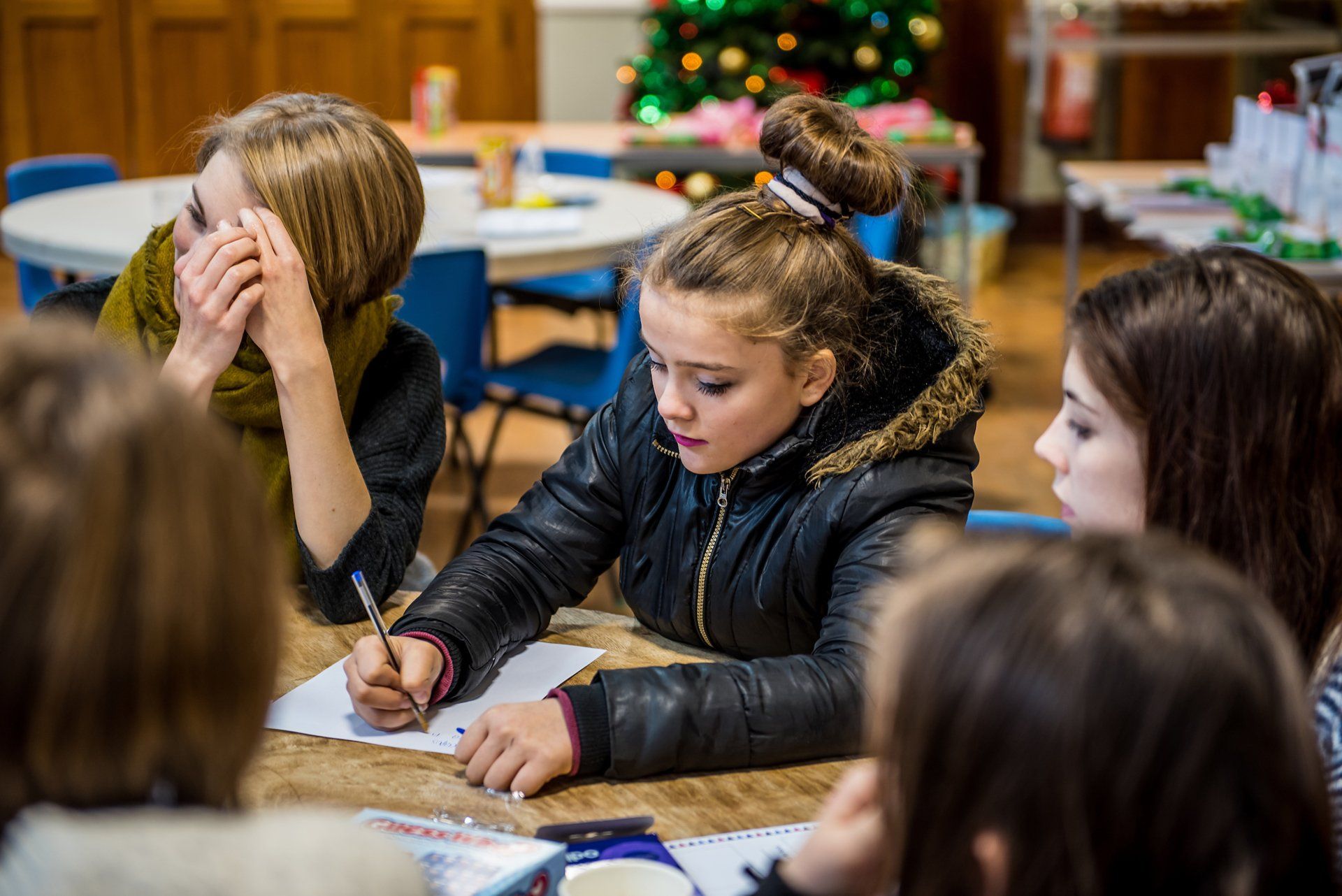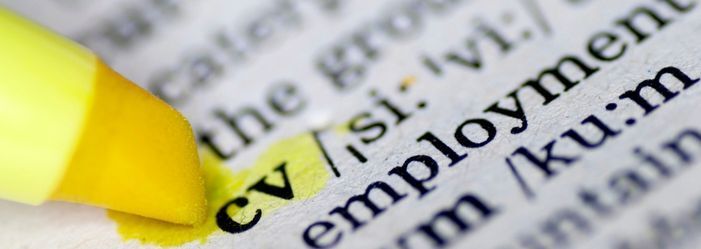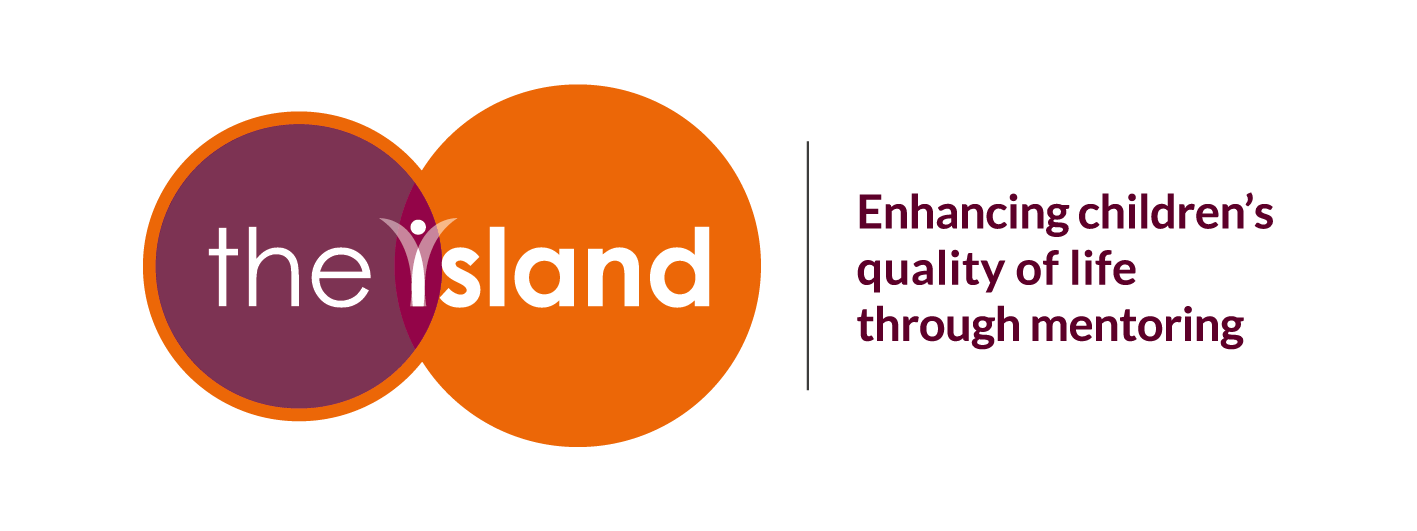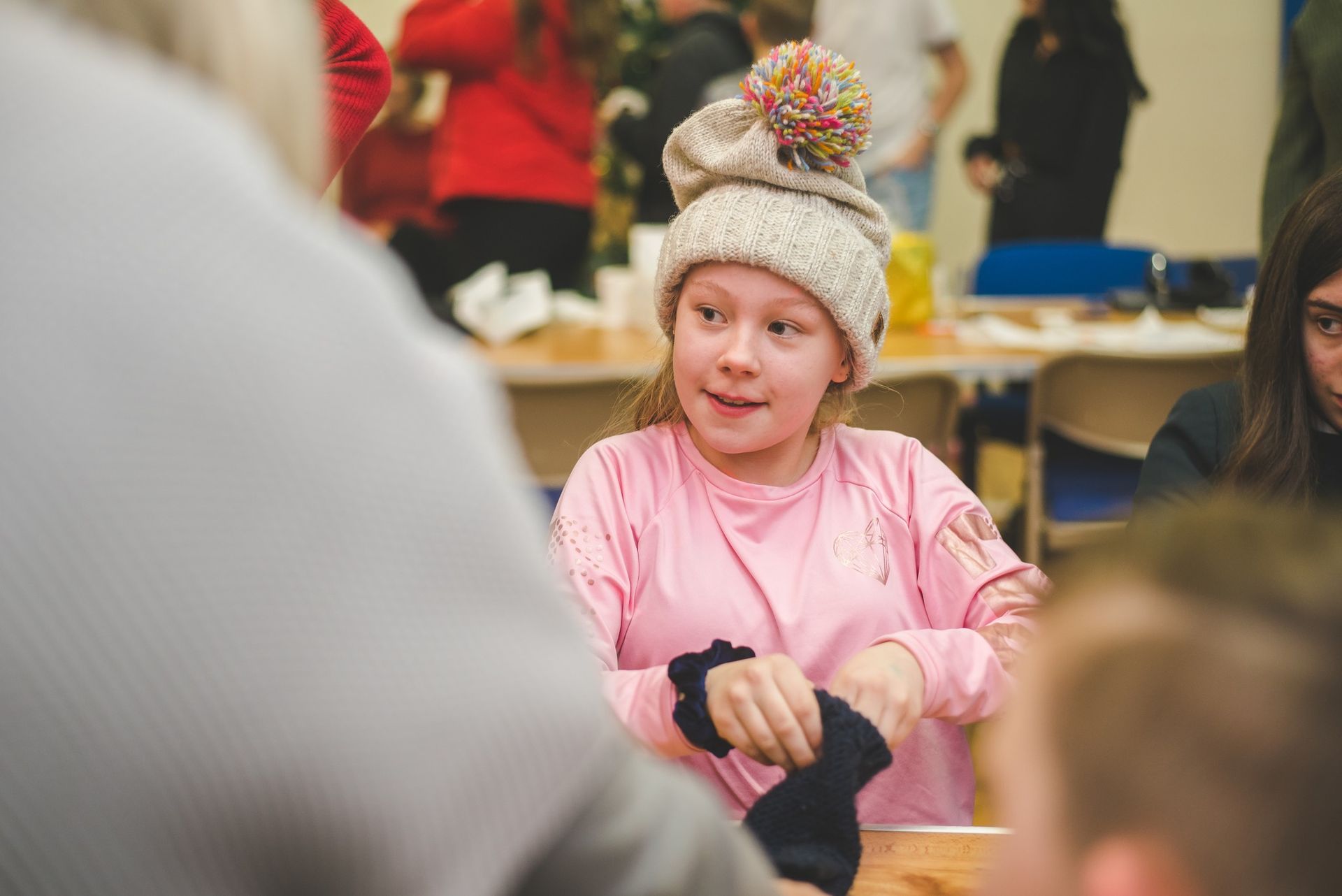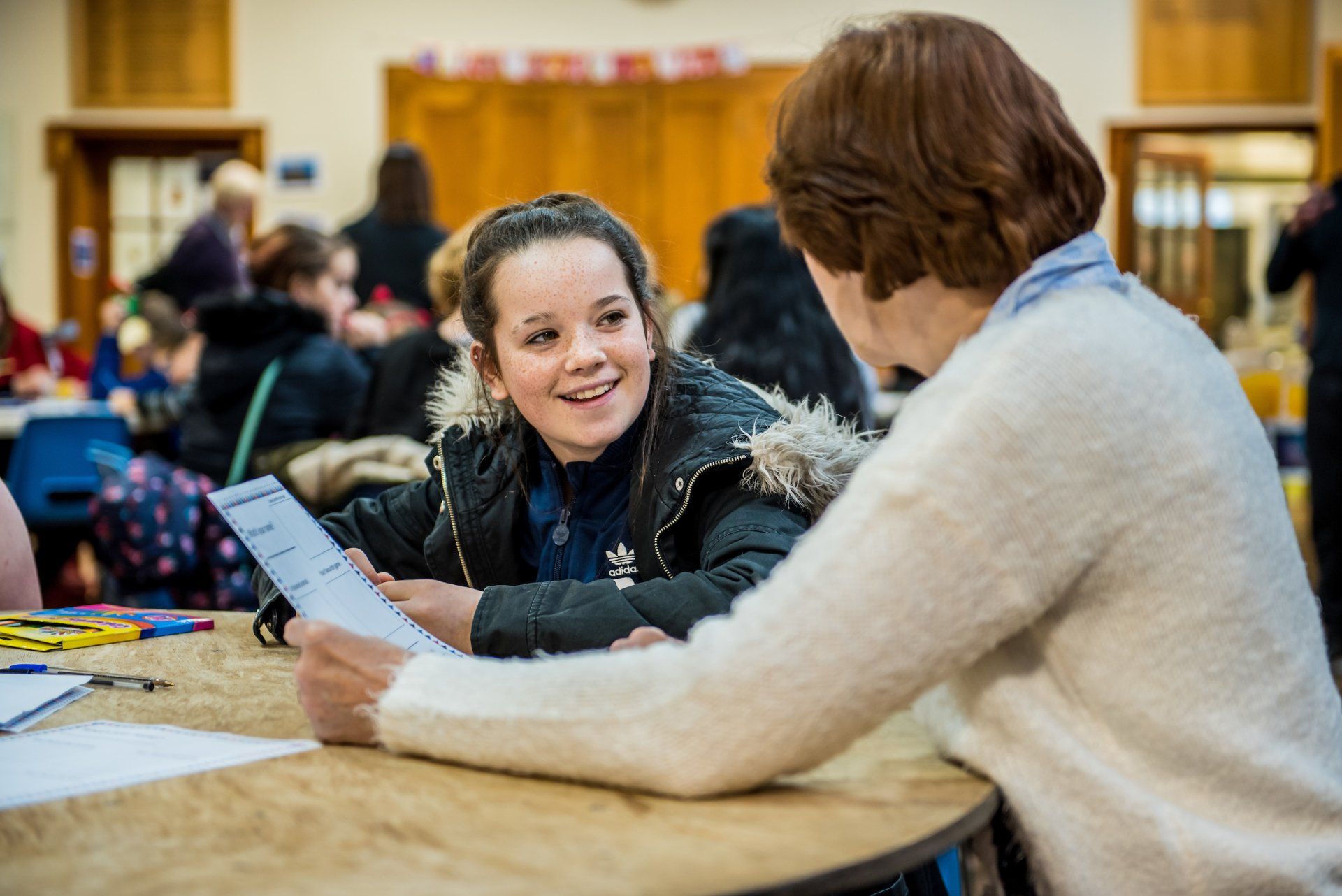How does food poverty affect children and their education?
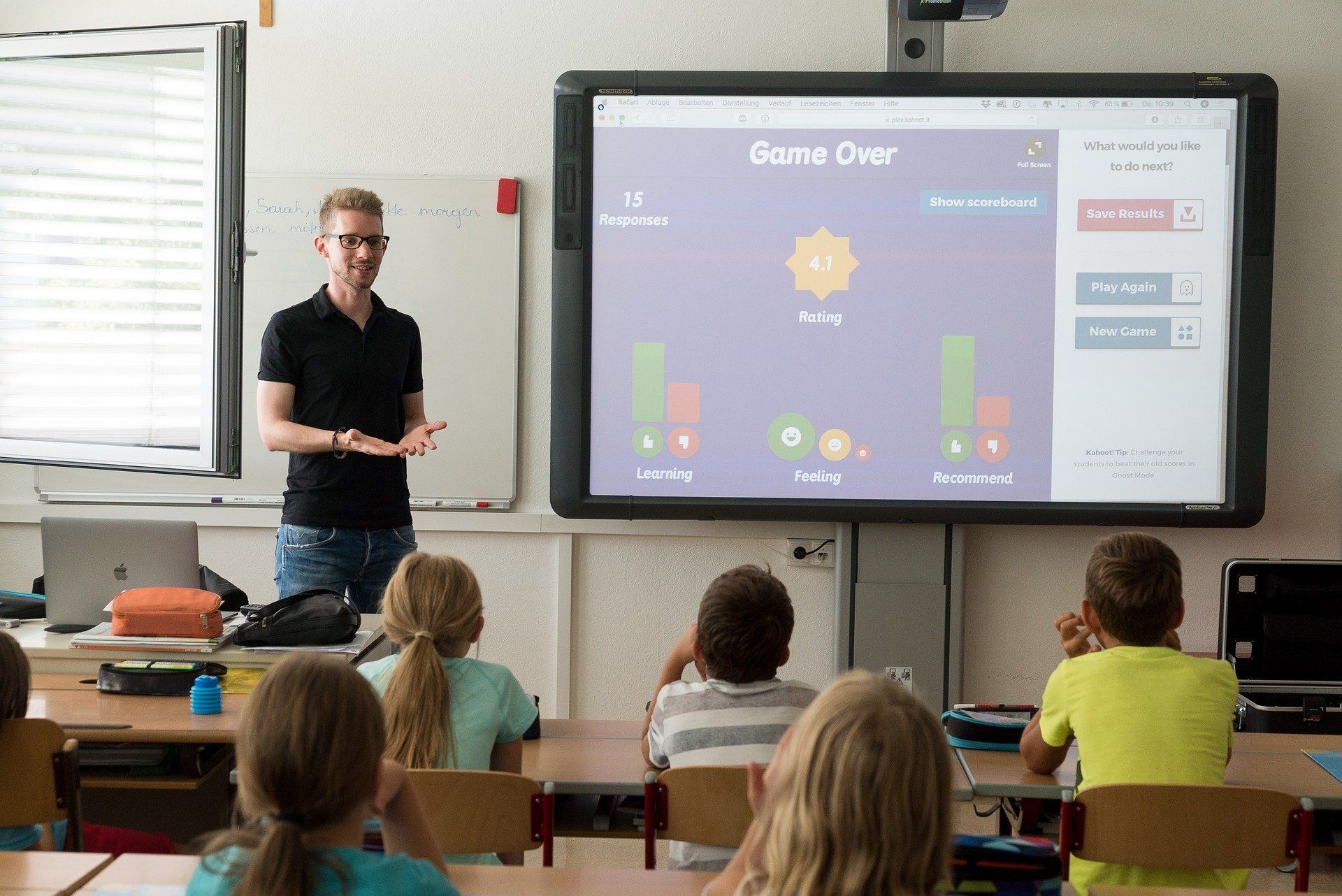
The current state of food poverty in the UK
The UK’s food poverty rate is among the highest in Europe. Despite being the sixth richest country in the world, millions are struggling to access the food they need. According to a report from the Environment, Food and Rural Affairs Committee, nearly six million adults and 1.7 million children were struggling to get enough food between September 2020 and February 2021.
A recent YouGov survey commissioned by the Food Foundation found that 2.4 million children are living in food insecure households, and that over 200,000 children have had to skip meals because their family couldn’t access sufficient food during lockdown. Covid-19 has dramatically widened inequalities in food security and nutrition, highlighting that exposure to food insecurity is not equal across all households.
The survey notes that Free School Meal vouchers have represented a vital lifeline for eligible children and their families during COVID-19, but issues with provision during school closures left many eligible children unable to rely on a regular, quality meal. Likewise, many children not currently eligible for Free School Meals face the daily stress of not knowing where their next meal comes from. An increased number of children reported that they, or their families, had visited a food bank last Christmas. The number of families struggling to afford food is indeed likely to be higher, as the stigma and shame around food poverty is enough to stop some people from seeking help.
What impact does food poverty have on a child’s learning and education?
Hungry children are less able to cope with the challenges of each day and more likely to struggle emotionally. Hunger and malnutrition affect a child’s ability to concentrate, to take in and retain new information, and to make good progress in their learning. A study by the Centre for Educational Neuroscience called Diet makes a difference to learning found that 14% of UK school children skip breakfast, with this being more likely to be the case in secondary school children and children living in areas of deprivation. The study shows that when a child misses breakfast, performance is most clearly affected when tasks are more mentally demanding and when they involve working memory (storing and manipulating information in the short term).
The Leeds University policy brief by Bernadette Moore and Charlotte Evans called Tackling childhood food poverty in the UK highlights that children who were eligible for free school meals in 2014 were twice as likely not to meet expected standards for reading, writing and maths at age eleven. On a positive note, the universal provision and take up of free school meals has been shown to increase consumption of nutritious foods and improve attainment for primary school pupils, with the largest gains seen from disadvantaged children. Key stage 1 pupils in schools with a universal, free school breakfast provision made an additional 2 months academic progress, with positive effects on growth and cognitive performance. Children who ate breakfast regularly achieved an average of 2 GCSE grades higher than children who rarely ate breakfast, with notable improvements in maths performance.
What can be done to eradicate child food poverty?
Footballer Marcus Rashford has played a pivotal role in raising national awareness about child food insecurity in the UK. After a successful campaign for food vouchers to be extended to Free School Meals children over the summer holidays; in September 2020 he summoned retailers and businesses to form the End Child Food Poverty Task Force. In line with the recommendations made by Henry Dimbleby in Part 1 of the National Food Strategy, the Task Force and a number of civil society organisations called for three key policy commitments on children’s food programmes. The Government has so far delivered on two aspects (extending holiday provision in 2021 and increasing the value of Healthy Start vouchers for low-income young families). The third request, however, remains outstanding: the permanent expansion of Free School Meals and Healthy Start to all children from households where a parent or guardian is in receipt of Universal Credit or equivalent benefits.
The Food Foundation survey: A CRISIS WITHIN A CRISIS: The Impact of COVID-19 on Household Food Security has found that despite community and voluntary sector groups heroically stepping in to help millions of vulnerable people, too many food insecure households have struggled to access the support that they need. Reliance on overstretched food banks and food aid charities is not sustainable for individuals and families who can't afford a decent diet.
As a charity, The Island has supported struggling families since the beginning of Lockdown. To date, The Island has delivered over 2750 food hampers during the Lockdown periods. An additional 75 Christmas 'Hampers of Hope' went out to families in need over the last festive period. Whilst we are incredibly proud of our contribution, and we will of course continue to support local families in need, it is vital that we look for ways to eradicate food poverty for good, enabling every child to reach their full academic and personal potential.
If you would like to support a local child or young person who is experiencing poverty due to no fault of their own, then please click here to be directed to The Island Pledge.



